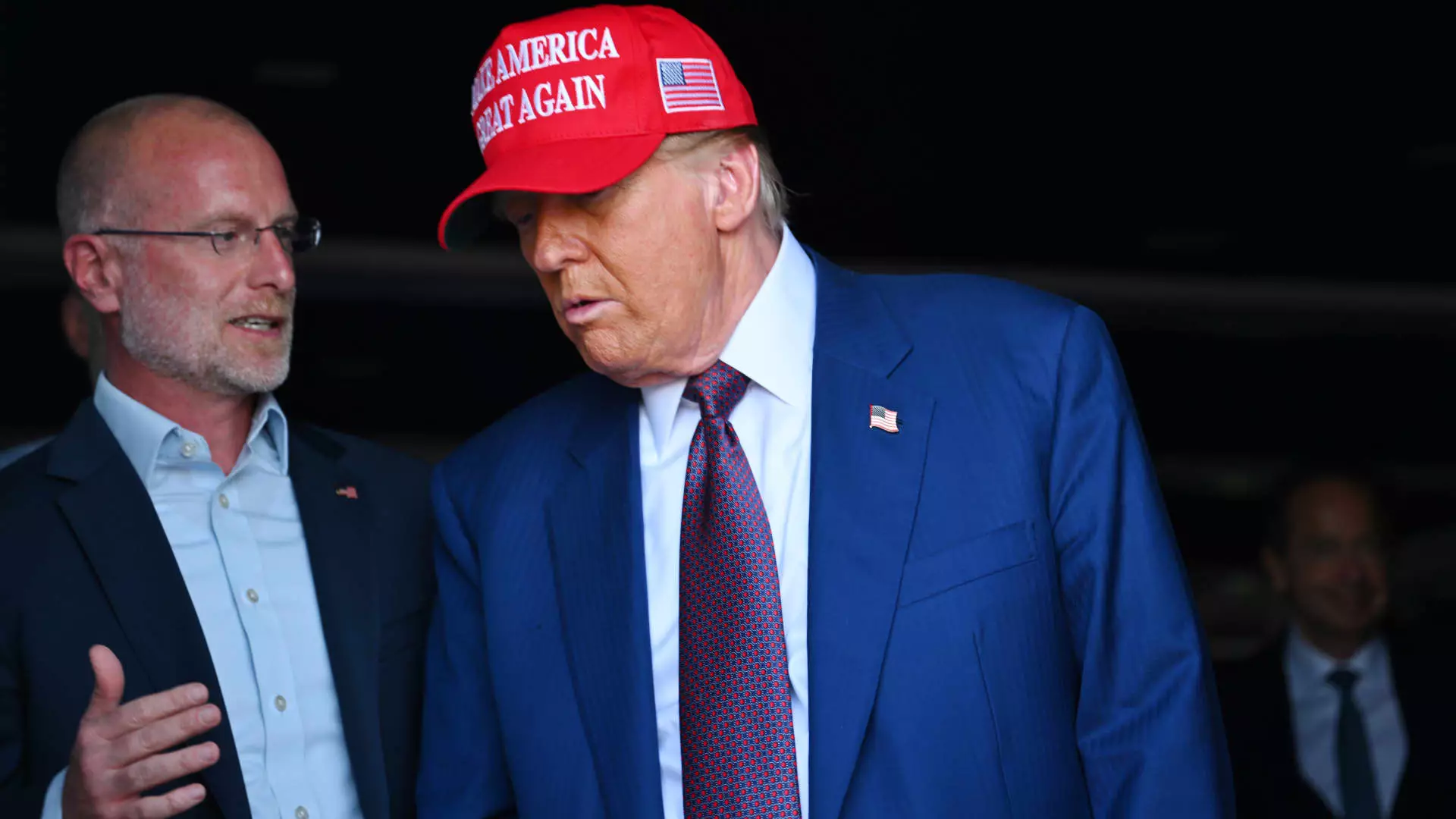The landscape of corporate diversity and inclusion initiatives is changing, as highlighted by the Federal Communications Commission’s (FCC) recent decision to investigate Comcast Corporation’s approach toward diversity, equity, and inclusion (DEI). This inquiry comes at a time of shifting political and regulatory attention to DEI practices in the corporate world, particularly in light of new executive orders from the Trump administration aimed at curtailing such initiatives within federal agencies and their contractors.
The FCC, the watchdog for the media and telecommunications industry, has expressed overt concerns regarding whether Comcast and its media subsidiary, NBCUniversal, are following appropriate protocols in their DEI efforts. The decision arises from apprehensions that these corporate practices could be at odds with FCC regulations—bringing to the forefront the complexities surrounding corporate responsibility and governance in these challenging times.
The investigation into Comcast cannot be viewed in isolation of the executive order signed by then-President Trump, which was a pivotal shift in how federal agencies were directed to address corporate DEI efforts. The order required federal entities to identify potential civil compliance investigations into public companies and nonprofit organizations, raising alarms about how these entities address diversity and inclusion.
This political backdrop has created a complex environment for companies that have historically prioritized DEI in their operational paradigms. Comcast’s commitment to DEI as articulated on their public forums reflects their foundational values, promoting a seemingly progressive stance in industry norms. Nonetheless, the FCC’s scrutiny indicates that these well-structured initiatives could be viewed as problematic from a regulatory standpoint amid evolving governmental expectations.
FCC Chairman Brendan Carr has pointedly expressed concerns that Comcast’s DEI strategies may have veered into “invidious forms” of diversity promotion, raising questions about how corporate practices align with the regulatory framework. The letter from Carr highlighted Comcast’s extensive DEI infrastructure, which includes dedicated “DEI days” and training for leadership within the organization.
These initiatives indicate a well-meaning approach toward fostering inclusivity and equity, but the investigation could unravel the nuances of whether such practices inadvertently promote divisive criteria or policies. The complexity of this investigation reveals the dual challenges that organizations face as they navigate the expectations of both regulators and the broader society’s call for equity.
The environmental shift regarding DEI within media corporations is not unique to Comcast; other industry players like Disney and PBS are also recalibrating their strategies in response to policy changes. Disney’s acknowledgement of updating its DEI programs signifies a corporate pivot that reflects broader industry dynamics. Meanwhile, PBS’s closure of its DEI office demonstrates the tangential impacts that regulatory pressures can have on initiatives deemed essential for fostering inclusiveness.
The responses from these organizations underscore a climate of apprehension and reactivity, as corporations adapt to fluctuating regulatory environments. This climate will not only determine the future of DEI within these organizations but also shape perceptions among the public regarding their commitment to these values.
As Comcast prepares to engage with the FCC’s investigation, the outcome will be critical not only for the company but for the media industry as a whole. Should the FCC find discrepancies in how Comcast promotes DEI, the implications could be far-reaching, setting precedents for how other corporations approach diversity and inclusivity.
The investigation also raises broader questions about the efficacy and ethics of DEI programs in corporate settings. Are these initiatives genuinely fostering an inclusive workplace, or are they becoming facades to appease regulatory expectations?
Ultimately, the FCC’s inquiry is a significant moment in the ongoing discourse around corporate responsibility and social equity. It invites stakeholders to reflect on how they define diversity and whether the mechanisms employed to promote it are effective or need re-evaluation. As the regulatory landscape continues to adapt, it’s essential for companies to stay not just compliant but also genuinely committed to fostering environments that prioritize equity and inclusion in meaningful ways.

